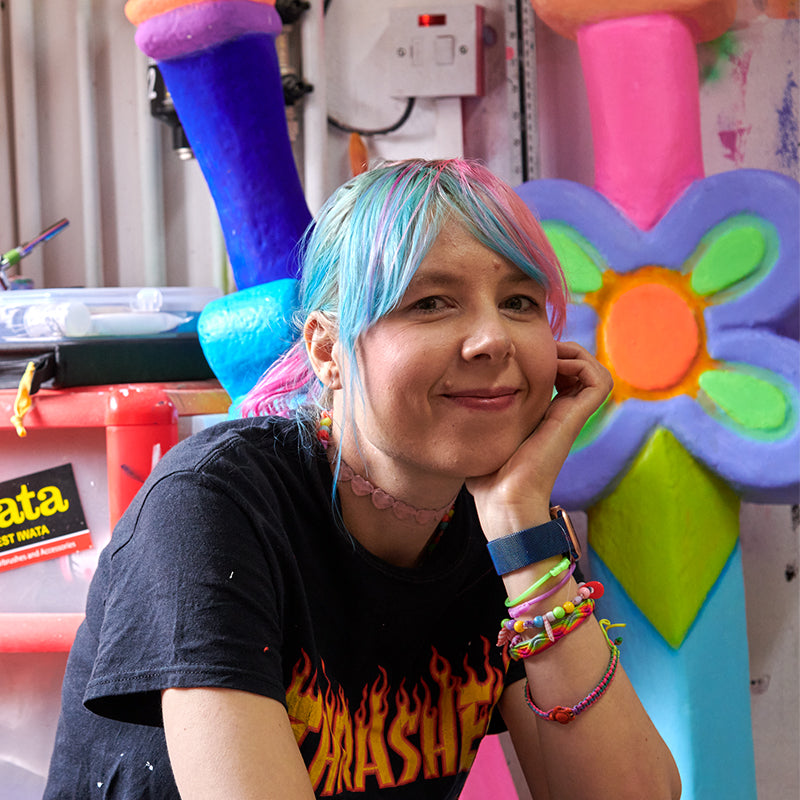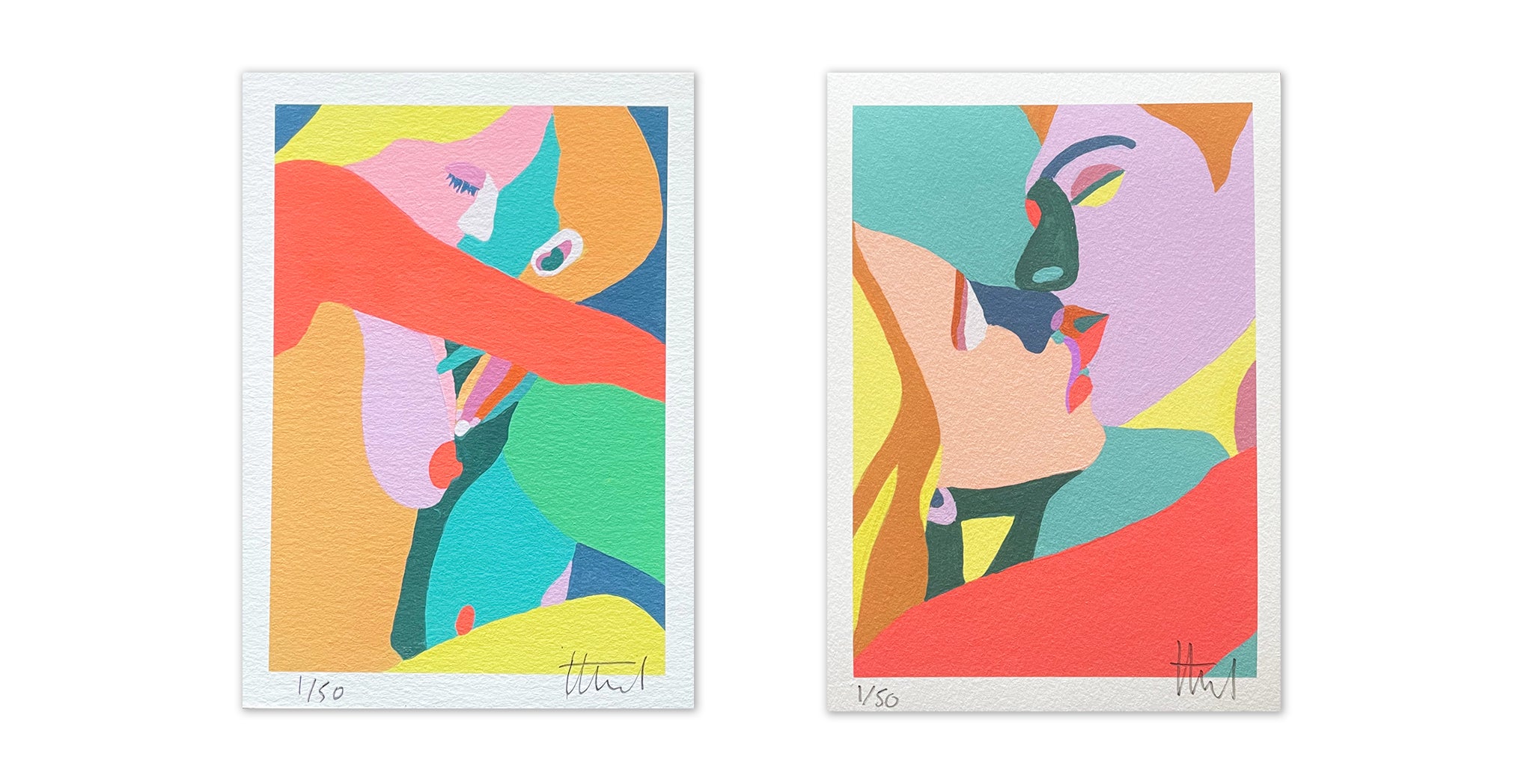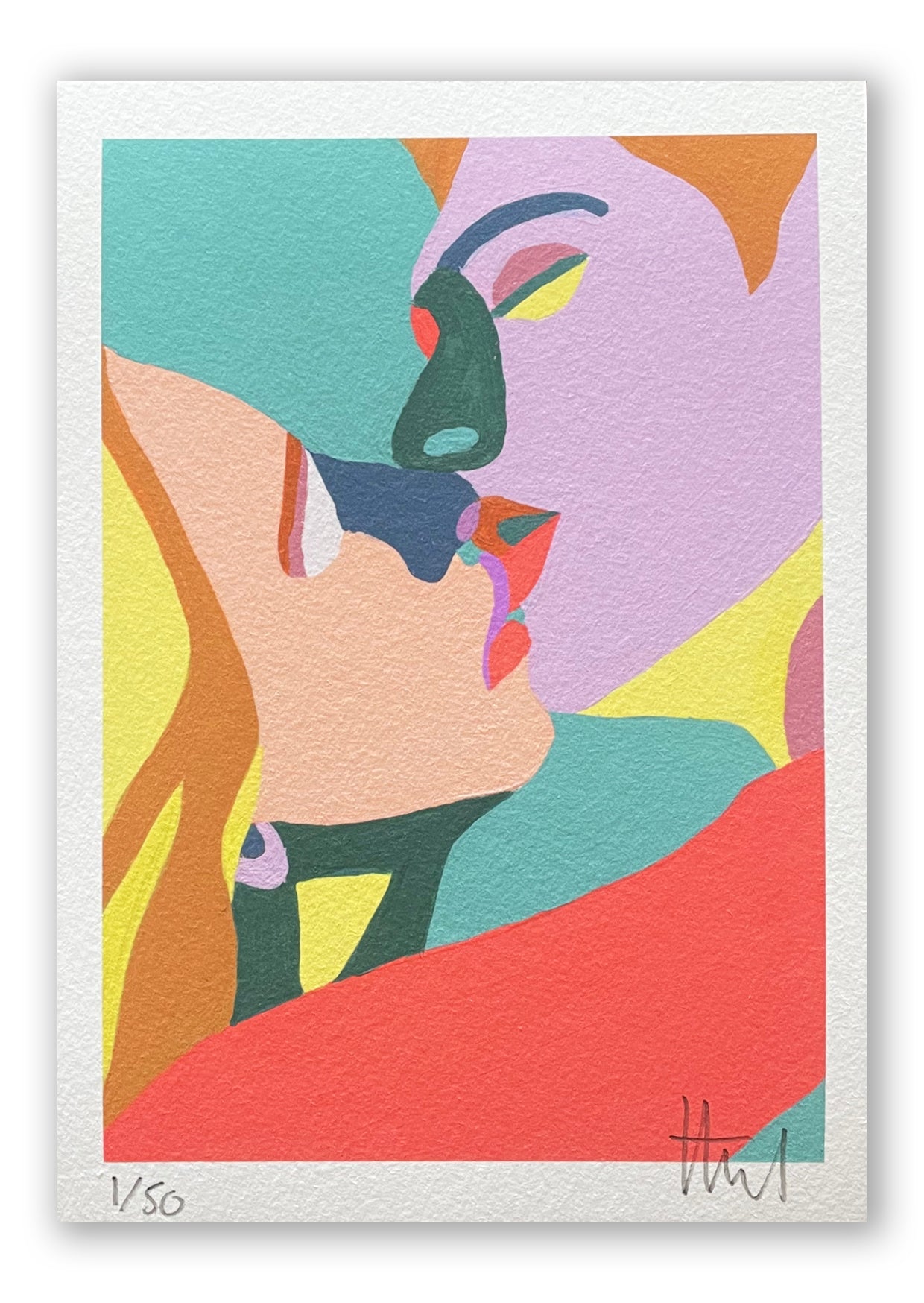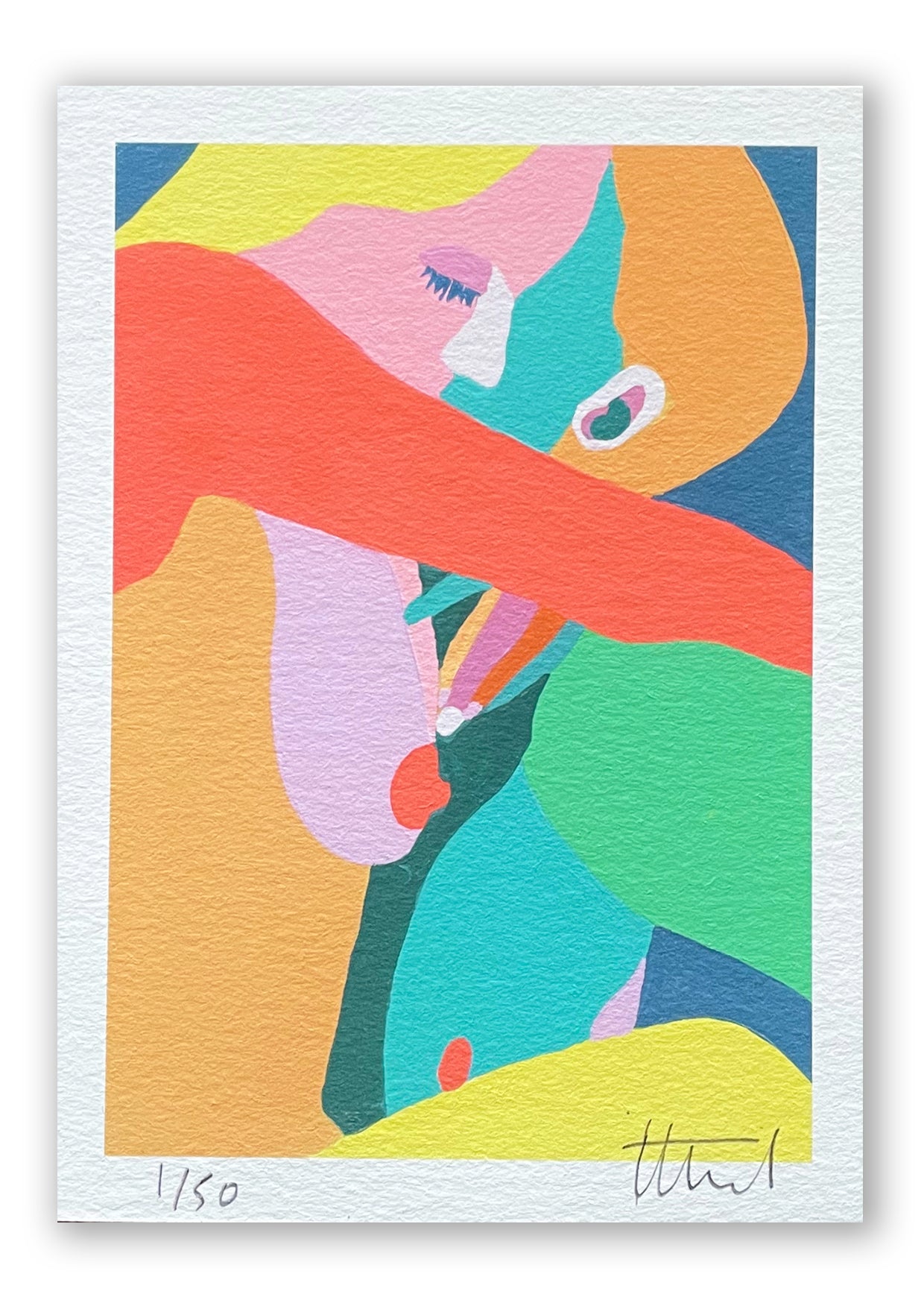Chechu Alava was born in Asturias (Spain) in 1973, but now lives and work in Paris. Alava paints exquisitely graceful portraits and figurative pieces, with women as the protagonists, portrayed through a refreshing and narrative figuration. Her work embodies an eternal need to represent what surrounds us, and a search for identity through painting. This begins in the artist’s subconscious, reinterpreting the soaked up influences of art history and literature of the 20th C. Her representations of reality convey a love for pictorial language and pleasure of painting.

Chechu Alava - Frida
Alava’s ethereal, dream-like pieces indicate painting to be a timeless search for answers. The themes portrayed are timeless, despite being full of personal impressions, experiences or memories. This timeless nature is mirrored in her experimental, almost translucent technique of painting, which I feel has an eternal quality to it.
The paintings emanate an aura of the portrayed, drawing the viewer closer. There is a presence that is close but cannot be touched as when you try it becomes air. A transparent, ghostly spirit can be felt but not physically grasped. The longer I contemplate an image, the subject simultaneously begins to float towards me yet at the same time slip away into the background. The use of a subdued pastel palette emits a sense of peace and tranquillity. Her paintings have charm, magic and mystery.

Chechu Alava - The Bride
Her work references female artists that deal with issues of gender and identity that are important to Alava, such as Nancy Spero, Eva Hesse, and Cindy Sherman. Moreover, the historical characters she paints are often influential female figures throughout history, in the art world and within the feminist movement in general. These characters share a beauty and a tragic fate, common to the 20thC. Eva Hesse, Sylvia Plath, Camille Claudel, and Frida Kahlo are a few of these significant female figures Alava chooses to depict. A relationship and intimacy between the characters and the artist can be acknowledged, the paint is undoubtedly applied with feelings.

Chechu Alava - Woman and Child
Living and working in Paris which has seen a history of feminist activity, undoubtedly has influence over Alava’s work. Beginning with the French Revolution, some voices for the rights of women were raised. This has continued in several waves of feminism, the post-war period, the vigorous 1970s and more recently in 2000s. However this call to feminism and for women to be autonomous has not be answered, evident in daily life, in regards to salaries, maternal leave and sexist advertising. Sexism is linked to the system in which we live, capitalism despises nature and motherhood, and it’s repressive towards the bodies of women and thinks in terms of production or strength of labour. Alava and her work is concerned with the approaches that know of female awakening, of the importance of women’s empowerment, of their bodies. Her female depictions aim for a more evolved world on the level of consciousness at least.

Chechu Alava - Breastfeeding
About the writer
 |
Tara is an Art Foundation and History of Art graduate born and bred in London. She has travelled the globe extensively, immersing herself in the vibrant arts and cultures the world has to offer, and hopes her next adventure will take her to India! She is currently teaching English as a foreign language whilst enjoying volunteering at Art on a Postcard, and she hopes to break into the art world! |


















